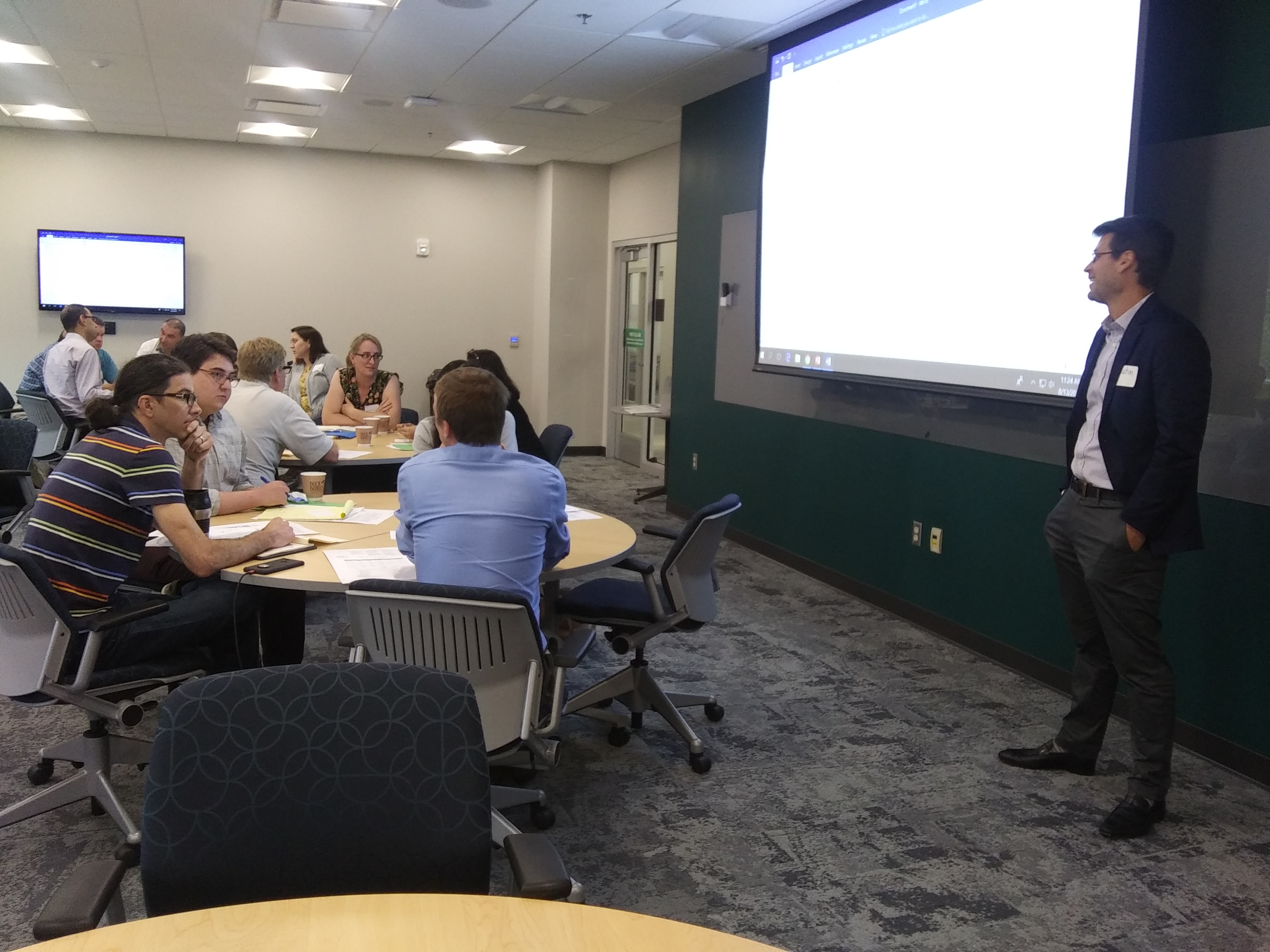LTC

What Do Your Students Really Think About Their Learning?
“…that information might have been a little more useful to me yesterday!”
This classic line from the film “The Wedding Singer” is a response from a would-be groom whose fiancé tells him the day after she didn’t show for their wedding that she had changed her mind about marrying him.
Sometimes reading students’ responses in Student Evaluation of Teaching (SET) reports feels the same way. If only I had known that XXX wasn’t helping students learn, I would have made adjustments. Why didn’t they tell me? I always asked if there were questions, if everything was clear.
SET reports can help with plans for future semesters, but how about for fall 2019? How can we know what our students think about their learning now?
One solution is to schedule a Midterm Instructional Diagnosis, or MID. In this process, a colleague from another unit meets with you to discuss your class and then comes to class on an agreed-on date to ask your students (while you are out of the room) to work in groups and identify aspects of the course that are helping their learning and hindering their learning, and what suggestions they have regarding their learning.
Once the MID, which typically takes about 20 minutes, is complete, the facilitator meets with you and shares what students reported. The two of you can talk through ways you might implement changes based on student feedback. When you next have class, you address the students’ comments and explain what changes you can make (and which ones aren’t reasonable). By taking the time to obtain student feedback near the middle of the semester, you demonstrate that you value their perspective and your willingness to make changes to the course mid-stream. This process is confidential; the LTC does not report to anyone which faculty receive MIDs.
Click here for a veteran faculty member’s perspective on why he continues to receive MIDs; click here to see how his own teaching improves when he facilitates MIDs for others. Click here to read more about the process and register to receive a MID. If you’ve had a MID done in the past, you’re eligible to facilitate for a colleague, so please consider registering to do so.